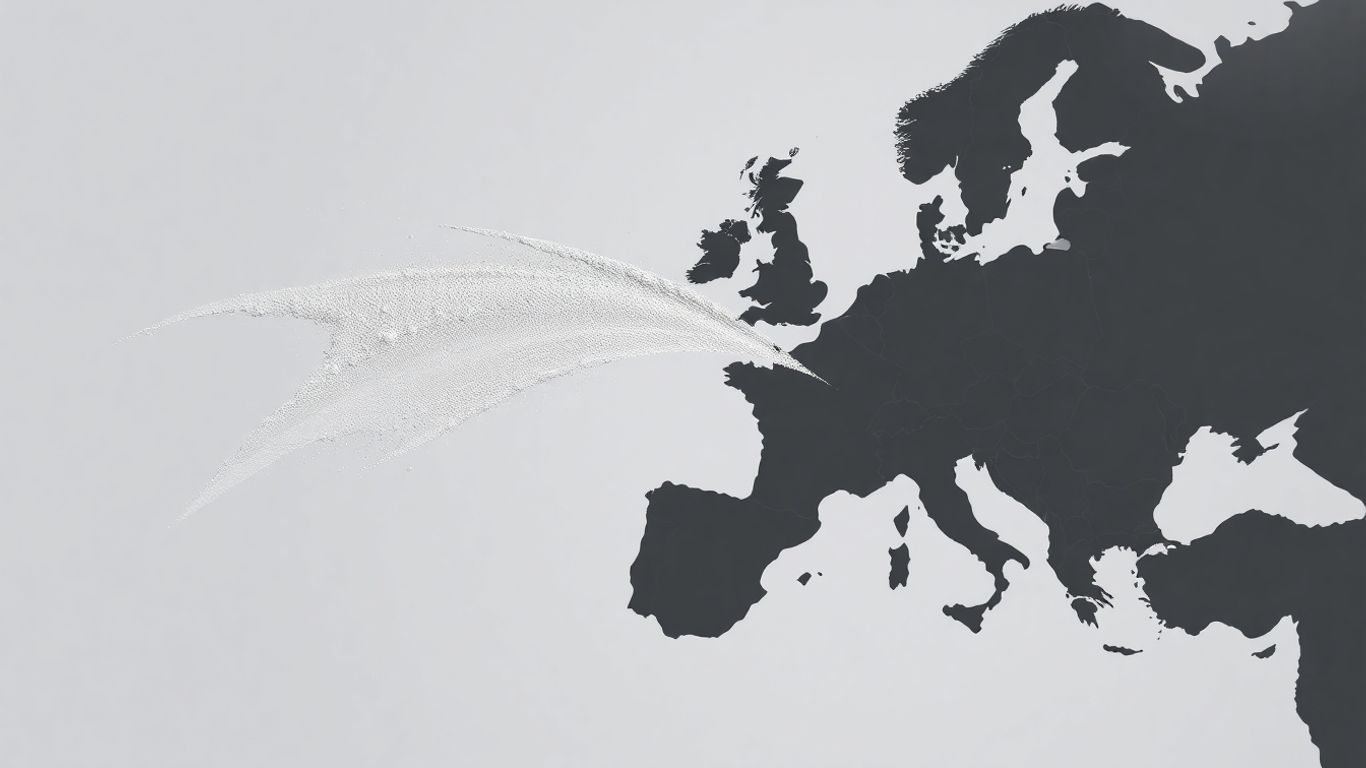A new report reveals that sophisticated criminal networks from the Western Balkans are increasingly using West Africa as a crucial transit hub for cocaine destined for European markets. These operations, largely unnoticed until now, involve multi-tonne shipments originating from Latin America and leveraging established alliances with South American cartels.
Key Takeaways
- Balkan criminal groups are utilizing West Africa as a logistical, storage, and redistribution center for cocaine.
- This strategy is driven by rising European demand, increased enforcement on direct routes, and stronger partnerships with Latin American cartels.
- The region’s growing importance in the global cocaine trade is linked to its expanding port facilities and weaker oversight.
- The involvement of brokers is a defining feature, facilitating logistics and connections with local actors.
- The trade fuels corruption, local drug use, and instability within West African nations.
The Shifting Cocaine Supply Chain
Criminal organizations from countries like Montenegro, Serbia, and Albania have become significant players in the global cocaine trade. They have established strongholds at both ends of the supply chain, from production in Latin America to distribution in Europe. Their expansion into West Africa is a strategic move to circumvent tightened controls on more direct trafficking routes.
Alliances and Operations in West Africa
Balkan networks, including prominent groups like the Montenegrin Kavač and Škaljari clans, are forging partnerships with major Latin American cartels, notably Brazil’s Primeiro Comando da Capital (PCC). These collaborations enable them to control the flow of cocaine from its source to European consumers. They employ various trafficking methods, including fully containerized routes, smaller vessels, and at-sea trans-shipments, often using brokers to manage logistics and liaise with local contacts.
Regional Impact and Future Concerns
The increased activity of these criminal groups in West Africa is contributing to a rise in local drug consumption, particularly crack cocaine, and a decrease in real prices. This trend exacerbates corruption, strains fragile health systems, and poses a significant security threat to the region. Experts warn that Balkan groups may become more independent in their West African operations, potentially leading to deeper corruption and increased violence.
Recommendations for Action
To combat this escalating threat, a coordinated response is recommended, focusing on three pillars: strategic partnerships between law enforcement agencies across continents, enhanced intelligence systems with more granular data on the cocaine trade, and smart targeting strategies that focus on disrupting key intermediaries within criminal networks. Public-private partnerships and greater engagement from maritime shipping companies are also deemed essential.
Sources
- Under the radar: Western Balkans’ cocaine operations in West Africa, Global Initiative against Transnational Organized Crime (GI-TOC).
- Balkan cartels use West Africa to push cocaine into Europe, report warns, RFI.
- Cocaine connections: Links between the Western Balkans and South America, Global Initiative against Transnational Organized Crime (GI-TOC).






